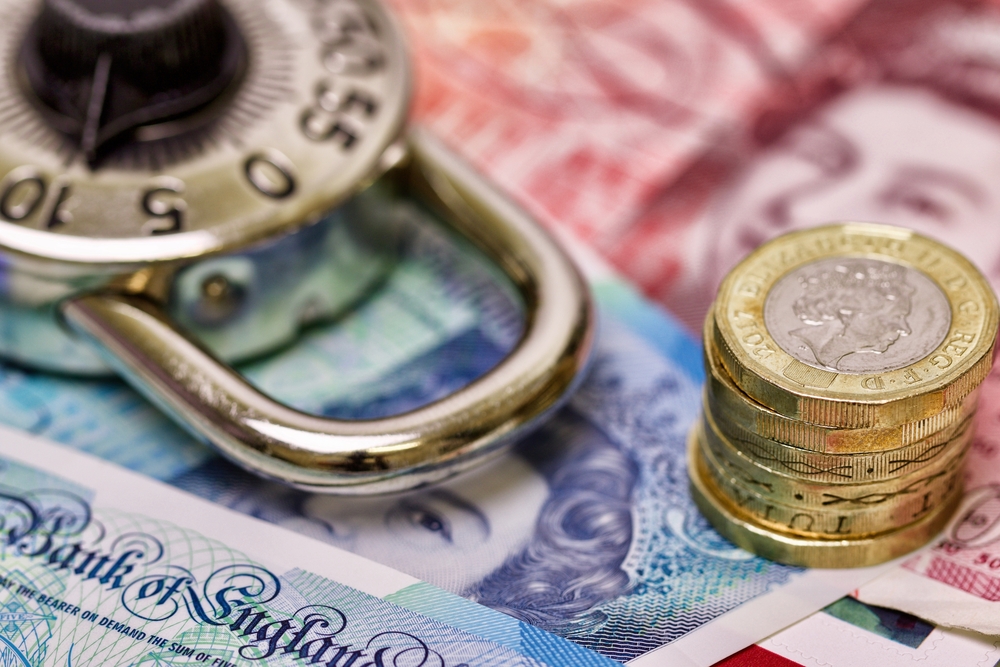Household Bills
Does being on furlough affect benefits?

Nearly four million workers have been furloughed since the start of the coronavirus outbreak. With jobs on hold and workers facing wage cuts, here’s what it means for other benefit claims.
More than half a million businesses have applied for the government’s Coronavirus Job Retention Scheme since it was launched on Monday.
As such, around 3.8 million workers are furloughed meaning they remain on their company’s payroll but must not undertake any work for the business.
They will receive 80% of their wages (up to £2,500 a month) as part of the government grant scheme to businesses, though businesses can top-up salaries to 100% if they wish to do so. See YourMoney.com’s Everything you need to know about being furloughed for more information.
Given the new scheme and status, Carlos Hagi, benefits expert at charity Citizens Advice, said: “How different benefits interact can be confusing, and it can also be difficult to understand how a change in circumstances can affect which benefits people are entitled to.
“We would encourage anyone who needs help to visit the Citizens Advice website, and then speak to an adviser online or on the phone if you need more help.”
He explains that a number of benefits can be affected by the amount you earn. The main ones are Universal Credit, Working Tax Credits and Housing Benefit…
Universal Credit
A single person aged 25 or over will get £409.89 a month as standard but this amount will vary once you’ve factored in wages, savings and ‘elements’ such as housing and childcare.
You may be allowed to earn a certain amount without reducing your Universal Credit payment, such as if you’re responsible for a child. This is called a ‘work allowance’.
But with Universal Credit, for each full £1 you earn, your Universal Credit reduces by 63p.
As being on furlough will mean you’re paid at least 80% of your wages, this will count as employed earnings for Universal Credit in the normal way.
See YourMoney.com’s guide on How to work out how much Universal Credit you’ll receive.
Working Tax Credits
Working Tax Credits are assessed based on annual income. If the claimant’s income in 2020/21 is over £2,500 less than their income in 2019/20, they will get a higher award of tax credits.
The claimant can give HMRC an estimate of their 2020/21 income if it is likely to drop by more than £2,500, and can start getting higher payments of Working Tax Credits.
However, if they give an estimate that is too low this would be likely to lead to an overpayment of tax credits in the 2020/21 tax year when it gets finalised at the end of the tax year.
To be entitled to Working Tax Credit you normally have to work a certain number of hours each week. If you are on furlough you are still paid but are not allowed to work.
Citizens Advice is currently awaiting further guidance from HMRC about how this may affect your entitlement to Working Tax Credit.
Housing Benefit
If you’re in receipt of Housing Benefit, you should report any drop in earnings. The drop in earnings as a result of being furloughed would likely mean they will get more Housing Benefit for the weeks on furlough.
Child Benefit
Parents who have been previously put off claiming Child Benefit for fear of a tax charge or those who were ineligible are urged to check if they can receive up to £1,820 a year in the benefit (for a two child household).
Child benefit has risen to £21.05 a week in the new 2020/21 tax year for the eldest or only child and is £13.95 for additional children.
Where either parent earns £50,000 or more, the High Income Child Benefit Charge (HICBC) kicks in which means the sum will be subject to tax.
But those who have been furloughed and will see earnings fall, may now be eligible for the scheme.